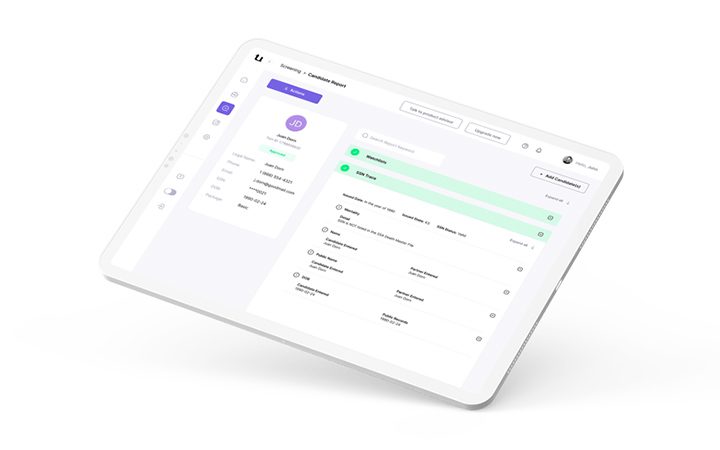
Clearing the Path: Empowering Individuals with Criminal Records for Equal Employment Opportunities
-
 By
Turn Staff
By
Turn Staff
- On
The movement to eliminate barriers to employment for the millions of US adults with criminal records is gaining momentum. Despite completing their sentences and showing rehabilitation, individuals with criminal records face collateral consequences that restrict their employment prospect. Over 40,000 policies and laws exist across the country to restrict licensure or gaining employment, which disproportionately affect people of color.
The movement to eliminate barriers to employment for the millions of US adults with criminal records is gaining momentum. Despite completing their sentences and showing rehabilitation, individuals with criminal records face collateral consequences that restrict their employment prospects. Over 40,000 policies and laws exist across the country to restrict licensure or gaining employment, which disproportionately affect people of color.
While some states have enacted “second chance” laws, the process of petitioning record expungement remains complex, time-consuming, and costly. Less than 10% of eligible Americans successfully clear their records. To bridge this gap, the federal government and an increasing number of states are embracing automated record-clearance programs. The Second Chance Act provides federal grants to improve reentry processes and reduce recidivism. Eight states have passed clean slate laws, mandating the automation of expunging eligible records.
Various methods are available for criminal record clearance:
- Sealing keeps records in a person’s criminal history but makes them inaccessible to the public.
- Set-aside, or vacating a sentence, nullifies a previous judgment, while the record may still be seen.
- Expungement erases the record entirely, often requiring a court petition.
- Pardon exempts an individual from conviction consequences but doesn’t seal or expunge the record.

Criminal record clearance can affect background check results. Sealed cases are generally unreportable, and expungement and sealing can render previously visible records unreportable. However, delays may occur in updating records in real time.
Employers play a crucial role in fair chance hiring practices. They should review hiring policies and background screening processes to ensure compliance with federal and local regulations, such as Ban the Box laws. Collaboration with consumer reporting agencies (CRAs) helps navigate the complexities.
Currently, 25 states have automatic record clearance laws, including expungement of dismissed records, arrests, non-convictions, juvenile records, or marijuana-related offenses. Eight states have clean slate laws mandating automatic record clearance. Some states have implemented automatic record-sealing legislation.
Together, we can create a fairer future with equal employment opportunities for all
Trusted CRAs like Turn simplify compliance and offer tools for accurate screening results and unbiased filtering.

Recent Posts
- Enhancing Background Checks with County-Level Searches and Applicant Data
- Check Your Screening Provider’s Support, Speed, and Cost: Turn Does It Better
- You can have it all with Turn Technologies: Prioritizing Turnaround Time and Accuracy in Background Screening
- Understanding the Standards of Reportability of Publicly Available Information for CRAs and Employers
- Understanding the Limitations of Public Records in Medical Licensing Sanctions and Fraud Detection
